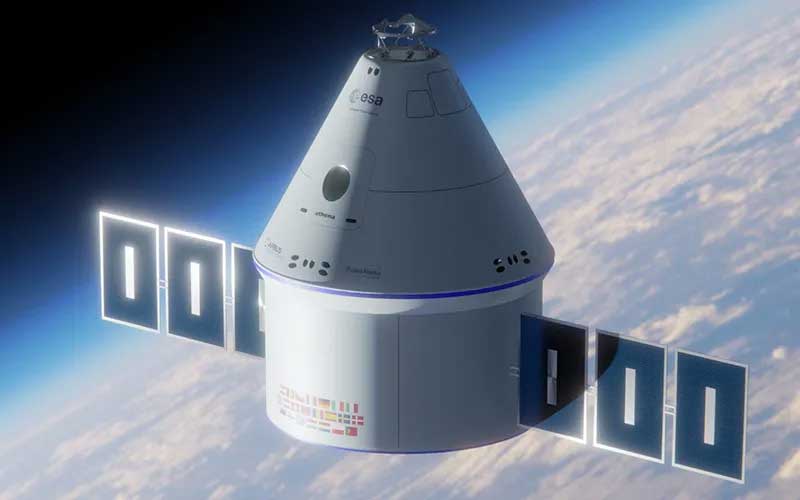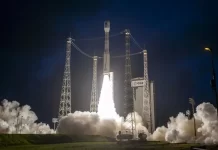
A PricewaterhouseCoopers (PwC) study found that European industry could generate between €5.9 and €9.9 billion between 2028 and 2040 by developing and operating a crewed space launch capability.
The Socio-Economic Elements of European Human Space Transportation (HST) study was commissioned by the European Space Agency and completed in December 2022. In addition to finding that European industry could capture revenues of up to €9.9 billion, the report also found that the failure to develop crewed launch capabilities would cost up to €1.7 billion, with the cost coming from the acquisition of European institutional seats aboard non-European providers.
“European taxpayers’ money would be spent outside Europe, towards non-European HST service providers to acquire seats for European Institutional demand, leading to a significant cost of inaction,” explains the report.
The report stressed that two conditions would have to be met in order for Europe to develop a sovereign crewed launch capability successfully. First, industry would need to commit to investing in the technology and operational development of crew launch capabilities. Second, there would have to be a long-term institutional commitment to procure seats to encourage investment from industry.
PwC envisioned European crewed launch capabilities becoming available in 2028. This would be an incredible achievement that would require significant political and financial support.
The issue of developing sovereign launch capabilities will undoubtedly be on the agenda at the ESA Space Summit in November, which will be held in Seville, Spain. However, a decision to actually fund the development of a crewed launch capability will likely have to wait until the next ministerial level council meeting, which will only occur in late 2025. As a result, a 2028 introduction does not appear feasible.




